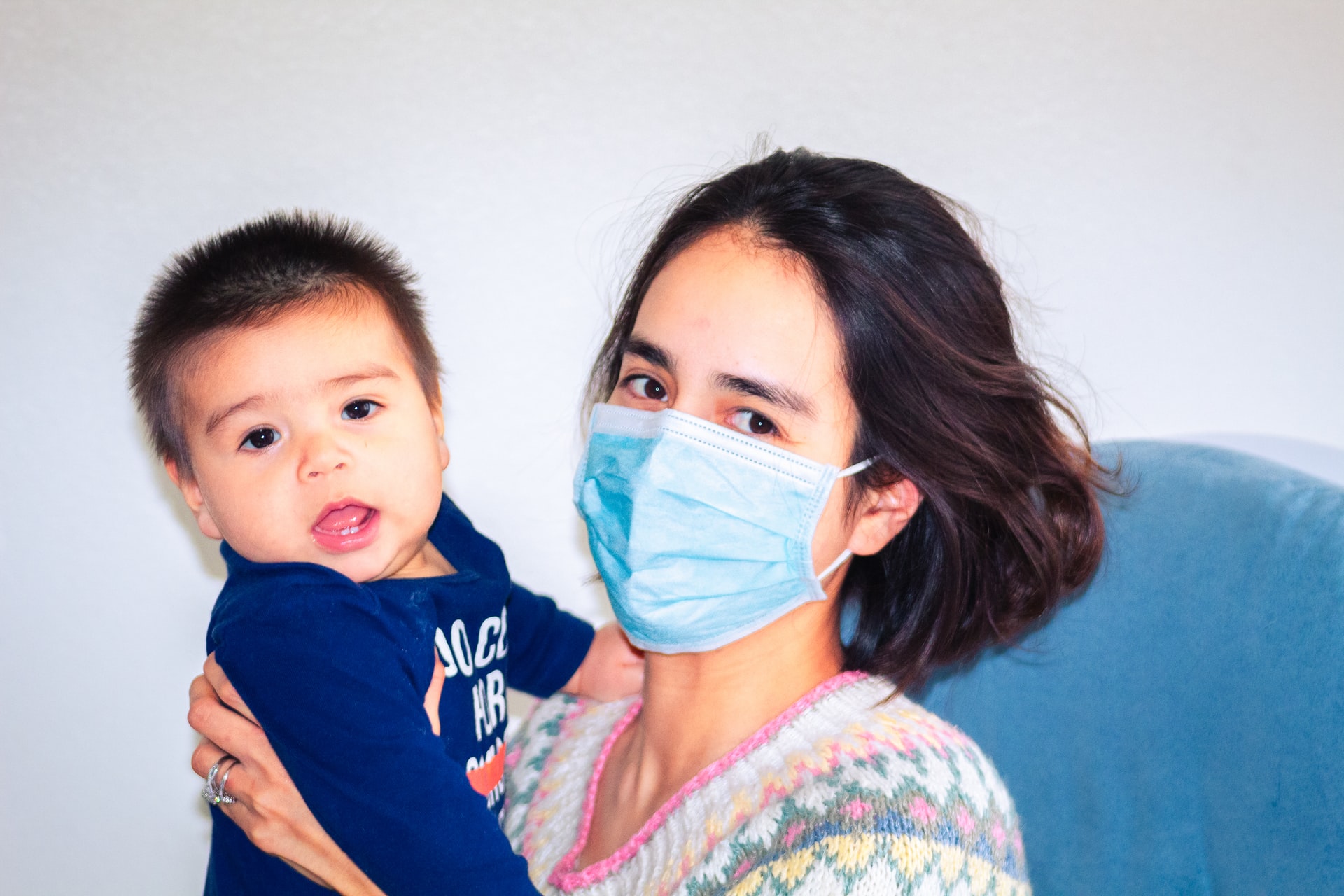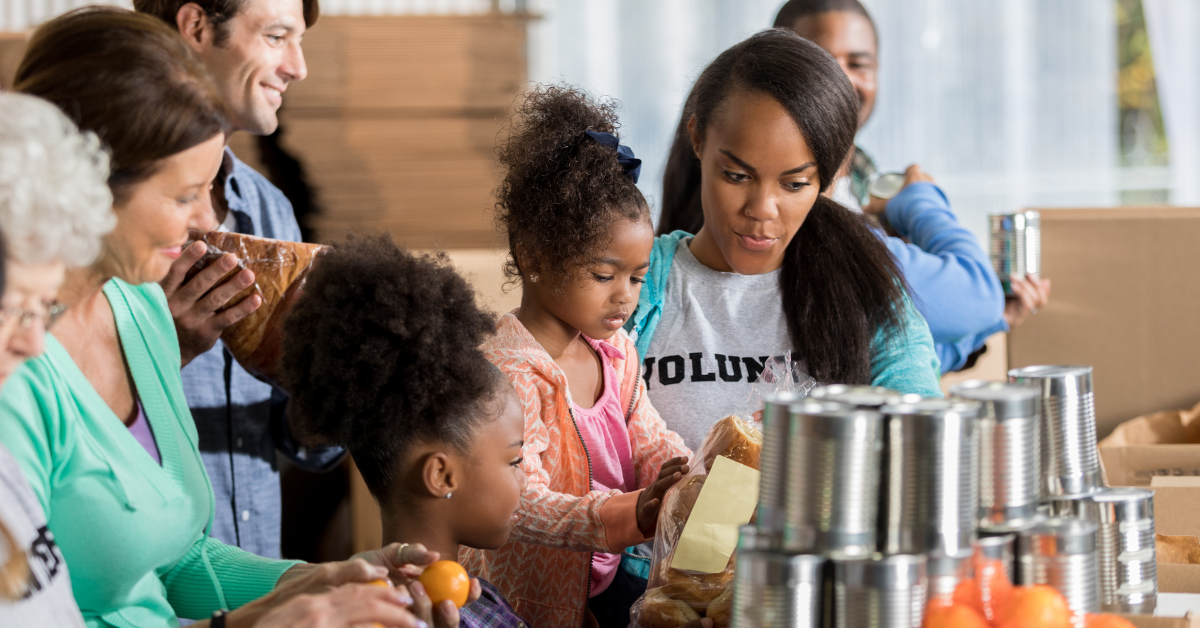
What is Coronavirus?
The novel coronavirus, formally referred to as COVID-19, is a new strain of coronavirus like SARS and the common cold. However, unlike a cold, COVID-19 poses more of a threat than other strains of cold, though they initially show the similar symptoms. There are new COVID-19 reports that show the virus has made it to Maryland, DC and Virginia and your United Way NCA wants to ensure that as a community we are taking the proper steps to remain healthy.
Who’s at Risk?
Anyone can catch the virus if it is transmitted through droplets in coughing, sneezing, kissing, spitting, and breathing. However, the virus poses a significantly greater risk to those age 65 and above. Anyone showing symptoms of the virus or who has been exposed to those diagnosed with COVID-19 should seek medical attention at a hospital for testing.
What You Can Do:
- 1.Wash Your Hands For At Least 20 Seconds
While it is always important to practice good hand-washing habits, the CDC recommends that washing your hands for at least 20 seconds after using the bathroom, before eating, blowing your nose and coughing, or touching public surfaces can adequately protect you from the virus. Additionally, if soap and water are not regularly available, using alcohol-based hand sanitizer with at least 60% alcohol is recommended.
2. Clean Your Phone
Phones can be a conduit for any number of harmful viruses or bacteria due to how often they touch our hands and how frequently we use them in public places. Be sure to sanitize the surface of your phone to ensure that any germs transmitted from your hands to your phone are removed.
3. Wear A Facemask If You’re sick. Don’t If You’re Not.
You might be tempted to buy facemasks, but the CDC actually states that this may make it more easy to transmit the virus. Masks can collect virus cells that may stay latent on the surface of the mask and get transmitted when removing or putting it back on. While it’s not known how long the virus can live on surfaces, similar coronaviruses have lived anywhere from several hours to five days.
The CDC also recommends that those sick wear a facemask to prevent the virus from spreading through coughing, sneezing, or breathing. Additionally, anyone displaying symptoms of COVID-19 or who has been in the proximity of someone recently diagnosed with COVID-19 should immediately submit themselves for testing at a local hospital.
4. Stock Up and Save Non-Perishable Foods
There currently are no active quarantines in the United States and the risk of one remains relatively low. However, one of the most important things your household can do in the unlikely event of a quarantine is stock up on non-perishable foods such as canned beans, rice, frozen vegetables, and soups. Buying enough food to keep you and your household secure for 2-4 weeks will ensure that you have enough food supplied throughout the quarantine.
However, there are many families living in low-income communities across the DMV who not only can’t afford to stockpile food, but also risk losing hourly wages if businesses must shut down. It is important to remember that low income communities are most vulnerable to financial instability in outbreaks like these and often feel the brunt harder than others who can afford to miss work, buy food, and care for their families.
We encourage everyone in our community to stay up to date with best practices on how to contain the spread of coronavirus by visiting CDC at https://www.cdc.gov/


